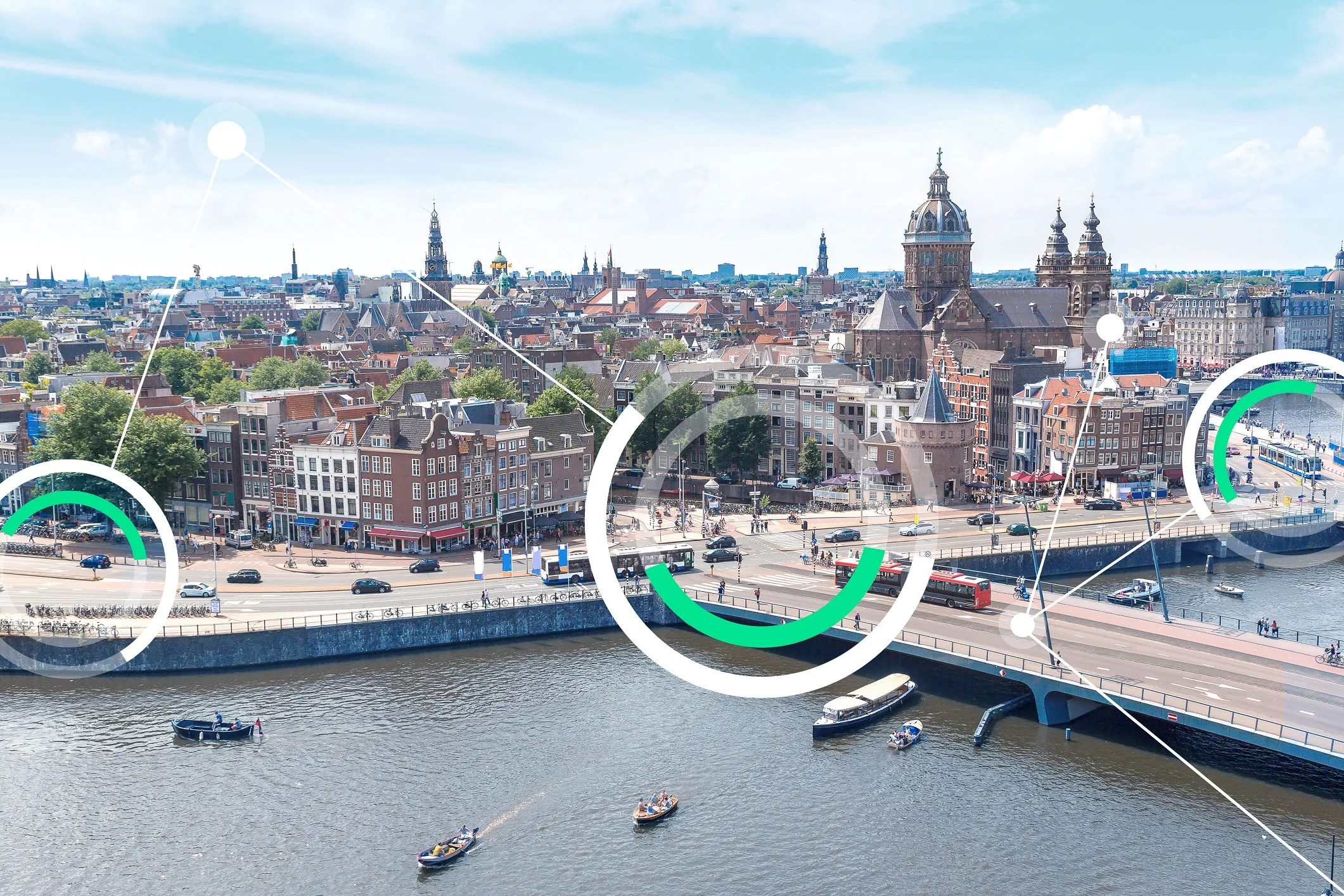The Norwegian Government is to consult on a proposal for a new law that would allow self-driving vehicles on the country’s roads, with the aim of passing the bill in the spring of 2017. The objective is to facilitate the testing of self-driving vehicles on Norwegian roads by the public within the framework of traffic safety while protecting the integrity of personal information.
By allowing the public to test self-driving vehicles in Norway, the Government hopes to facilitate the development and testing
January 5, 2017
Read time: 2 mins
The Norwegian Government is to consult on a proposal for a new law that would allow self-driving vehicles on the country’s roads, with the aim of passing the bill in the spring of 2017. The objective is to facilitate the testing of self-driving vehicles on Norwegian roads by the public within the framework of traffic safety while protecting the integrity of personal information.
By allowing the public to test self-driving vehicles in Norway, the Government hopes to facilitate the development and testing of new technologies in Norway and keep Norwegian technology companies competitive.
The government plans to gradually introduce self-driving vehicles. Only technologically mature systems will be approved for testing, with the purpose of understanding the effects self-driving vehicles have on traffic safety, traffic efficiency and mobility – and what impact they will have on the environment. The consultation explains how an application process could be set up to issue permits to persons or companies that wish to test out this new technology on Norwegian roads. The consultation also suggests conditions for approving such permits.
By allowing the public to test self-driving vehicles in Norway, the Government hopes to facilitate the development and testing of new technologies in Norway and keep Norwegian technology companies competitive.
The government plans to gradually introduce self-driving vehicles. Only technologically mature systems will be approved for testing, with the purpose of understanding the effects self-driving vehicles have on traffic safety, traffic efficiency and mobility – and what impact they will have on the environment. The consultation explains how an application process could be set up to issue permits to persons or companies that wish to test out this new technology on Norwegian roads. The consultation also suggests conditions for approving such permits.










